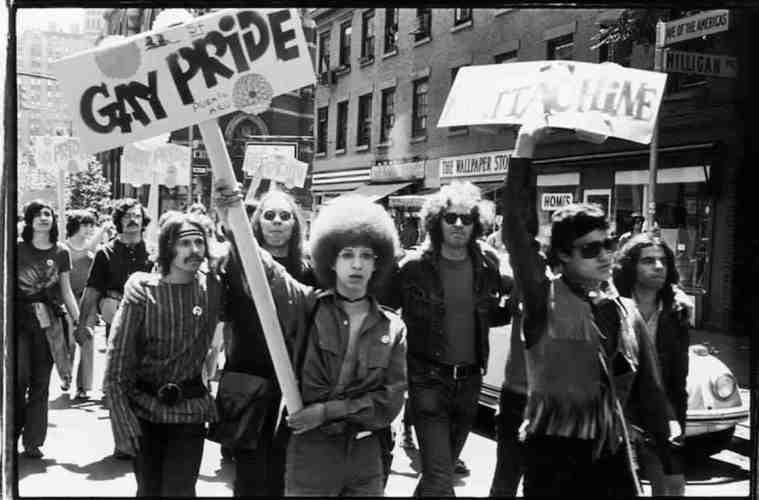
A Brief Timeline of LGBTQ+ History and Six Local Trailblazers, Past and Present
Words By Ellen Bluestein
LGBTQ+ history has been filled with great moments of victory along with difficult setbacks. And while the Stonewall Riots in 1969 are generally regarded as the birth of the modern-day LGBTQ+ movement, there were those who were laying the foundation long before. The Society for Human Rights, the first documented gay rights organization, was founded in 1924 followed by the formation of the Mattachine Society and the lesbian right organization, Daughters of Bilitis, in 1950 and 1955, respectively.
From the hanging of gay men and women in the 1600s to the beating death of Matthew Shepard in 1998, LGBTQ+ history sadly involves persecution, violence, and unrelenting bigotry. In 1953, an executive order by President Eisenhower banned homosexuals from working for the federal government calling them a security risk. The American Psychiatric Association deemed homosexuality a sociopathic personality disturbance in its diagnostic manual; a designation that was not removed until 1973.
In politics, however, great strides have been made. Illinois became the first state to decriminalize homosexuality in 1961, while in 1982, Wisconsin became the first state to outlaw discrimination based on sexual orientation. Massachusetts was the first state to recognize same-sex marriage in 2004 followed by federal recognition in all 50 states in 2015. In 1974 Kathy Kozachenko became the first openly gay LGBTQ+ American elected to public office followed by Elaine Noble in 1975 and Harvey Milk in 1978. Most recently, Pete Buttigieg, the first openly gay Cabinet member, was confirmed by the senate as Secretary of Transportation.
The AIDS crisis that began in the 1980s was a watershed moment in LGBTQ+ history. Referred to as the “gay plague,” the lack of response from the Reagan administration mobilized gay rights activists and organizations across the country and was the catalyst for establishing Desert AIDS Project (now DAP Health.) However, by the time President Reagan publicly acknowledged the disease, four years after it was first identified and countless lives later, it was already a pandemic.
It was President Obama who posthumously awarded Harvey Milk the Presidential Medal of Freedom, the nation’s highest civilian honor and who signed the Matthew Shepard and James Byrd Jr. Hate Crime Prevention Act into law. Under his administration, the “Don’t Ask, Don’t Tell” laws were repealed ending the ban on openly gay men and women from serving in the military.
While progress towards equality has been made nationwide, there’s still more to be done. In honor of LGBTQ+ History Month, DAP Health recognizes six local trailblazers, past and present, who have advanced the political, charitable, cultural, and social landscape of the Coachella Valley.
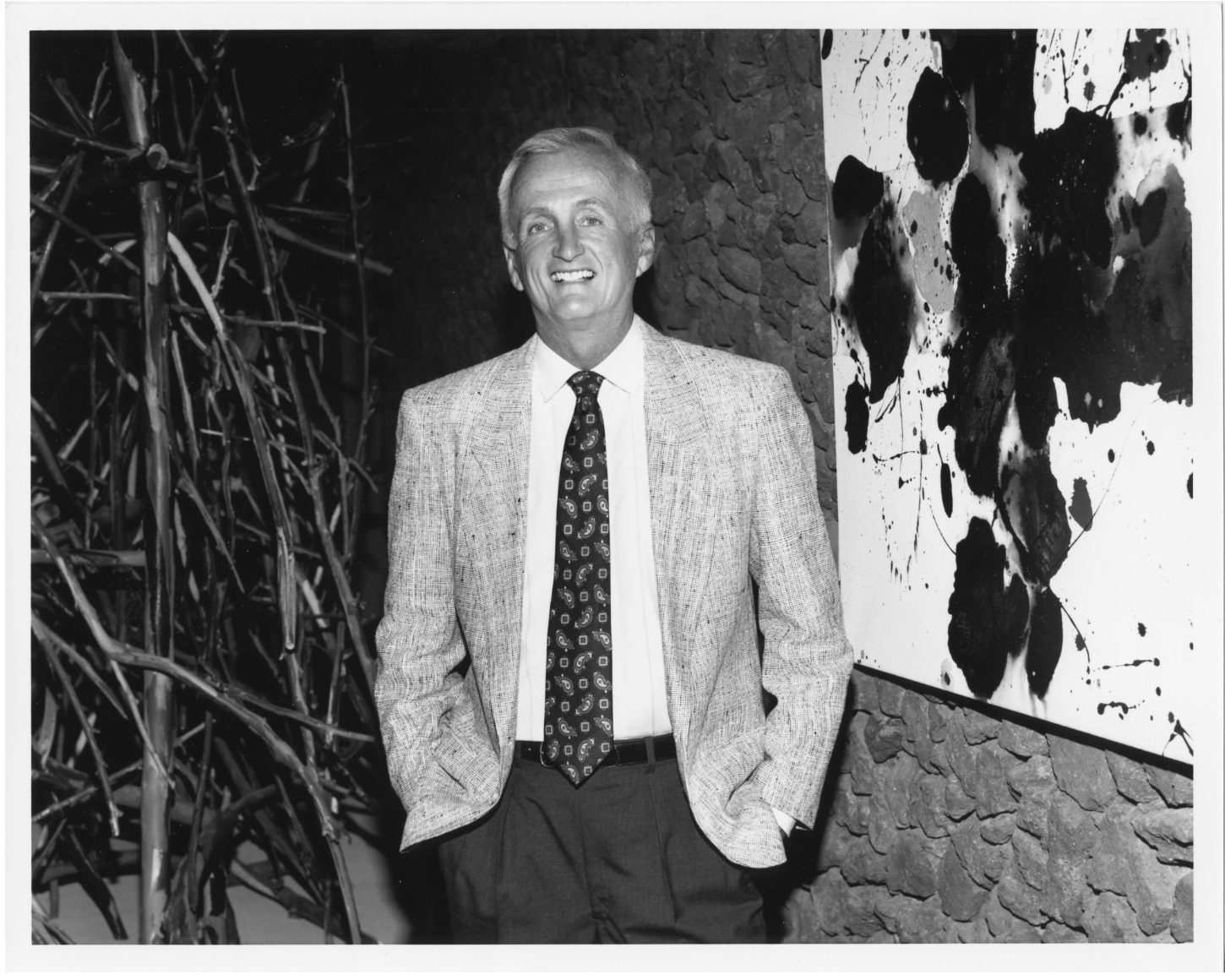
Steve Chase
Famed Rancho Mirage interior designer Steve Chase was instrumental in establishing Desert AIDS Project (now DAP Health) in response to the AIDS crisis in the early 80s. He served as a volunteer, donor, and board member with the fledgling organization that has since become a leader in HIV/AIDS care. The organization held its first fundraiser, The Steve Chase Humanitarian Awards, named in his honor, in 1994, a year after his death from AIDS-related complications. Today, “The Chase,” as it’s now known, is one of the valley’s most esteemed events, raising millions of dollars for direct client services at DAP Health.
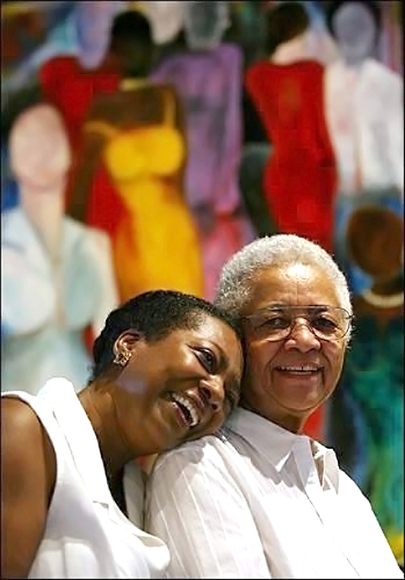
Gail Christian & Lucy DeBardelaben
Founders of the Palm Springs Women’s Jazz and Blues Festival and Association, Christian and DeBardelaben have been instrumental in supporting female jazz and blues musicians who traditionally struggle for recognition and employment. Together the women have received numerous awards including the 2013 Spirit Award, Palm Springs Pride, the 2016 Community Service Award, L-Fund Palm Springs, the 2018 Community Service Award, Palm Springs Human Rights Commission, and the 2019 Harvey Milk Leadership Award. By creating opportunities for women musicians, Christian and DeBardelaben, are ensuring that female artists are recognized for their contributions to their genres, compensated fairly, and treated with the dignity and respect they deserve.
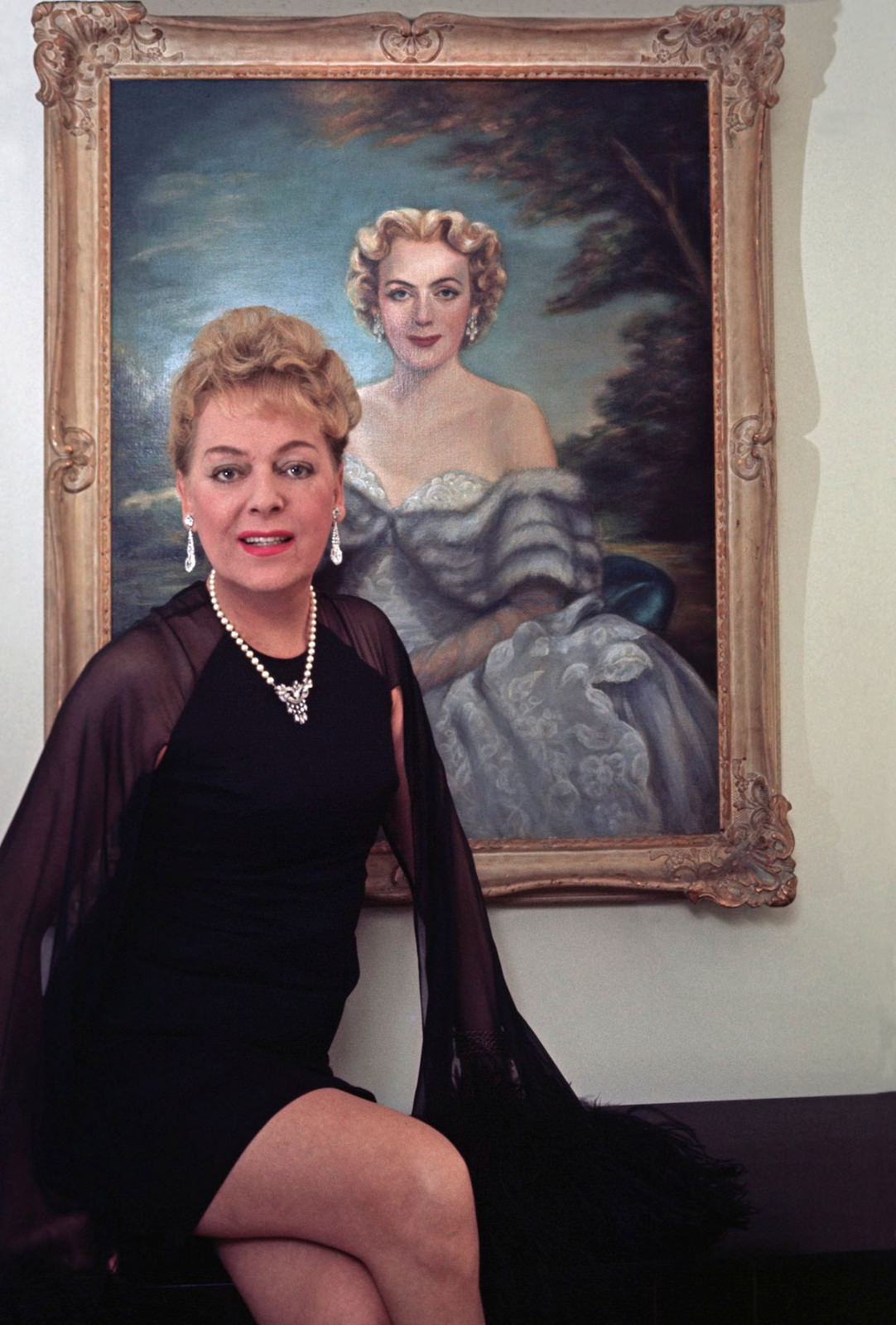
Christine Jorgensen
1950’s actress Christine Jorgensen was the first person in the United States known for having sex reassignment surgery. After serving in World War II, Jorgensen went to Denmark where she began her transition and returned an instant celebrity. In 1976, Jorgensen, who had written a book on her experience and had become a vocal advocate of transgender rights, was invited to speak at the Palm Desert Women’s Club. Jorgensen, who died in 1989, once said, “The problem must not lie in sleeping pills and suicides that look like accidents, or in jail sentences, but rather in life and the freedom to live it.”
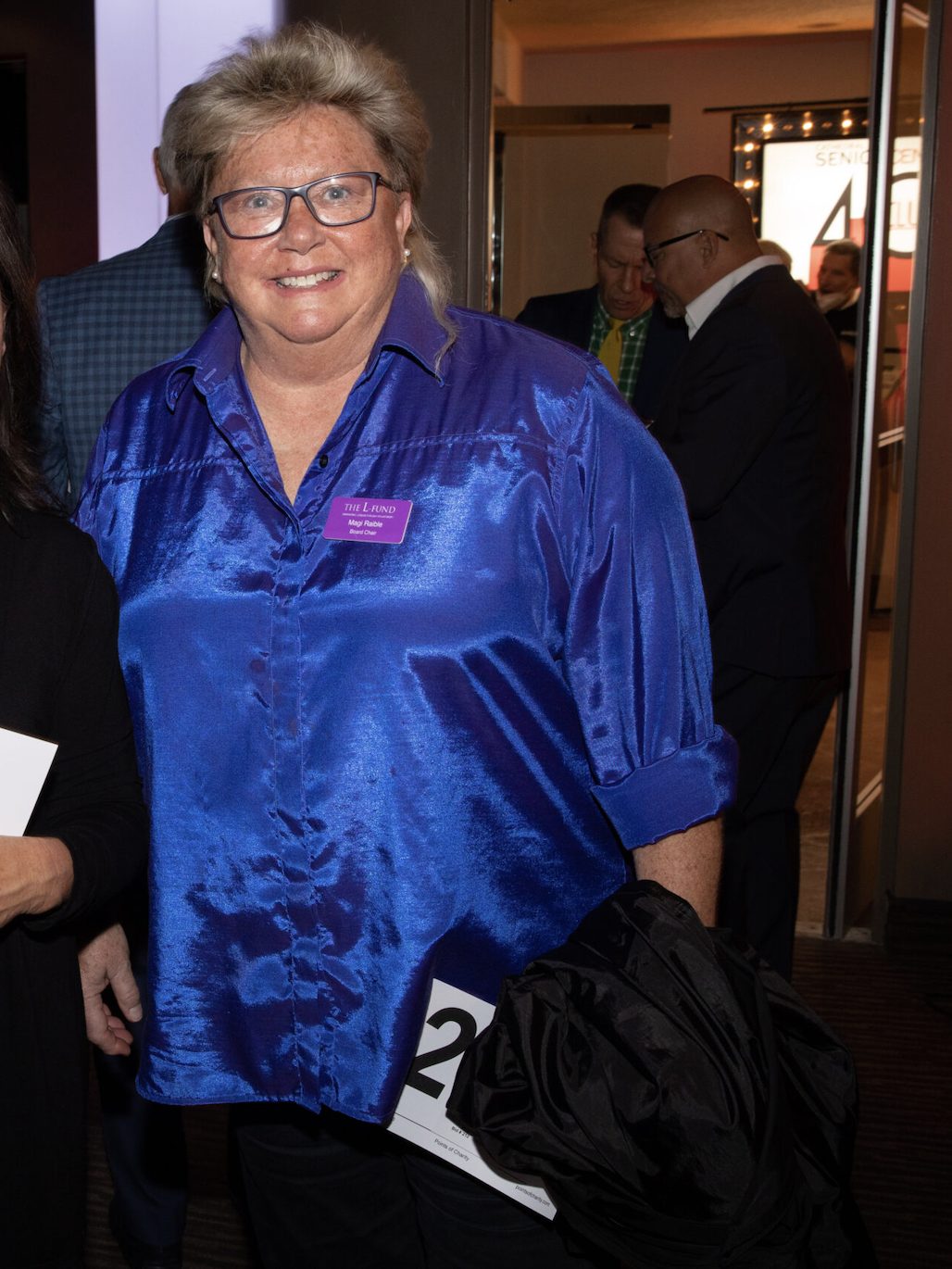
Maggie Raible
Maggie Raible is the current board chair of the L-Fund, an all-volunteer, non-profit organization that provides emergency financial assistance to Coachella Valley cis and trans lesbians. Founded by lesbians for lesbians and the only organization of its kind in the country, the L-Fund promises its donors that all funding stays in the community. With Raible’s guidance, the L-Fund is expanding its areas of service and looking to franchise the charity nationwide. Receiving assistance is a simple process that happens quickly. “In just a few hours, somebody can have that relief,” Raible said. “And just like that, the gorilla on their shoulders has been lifted off by a whole community.”
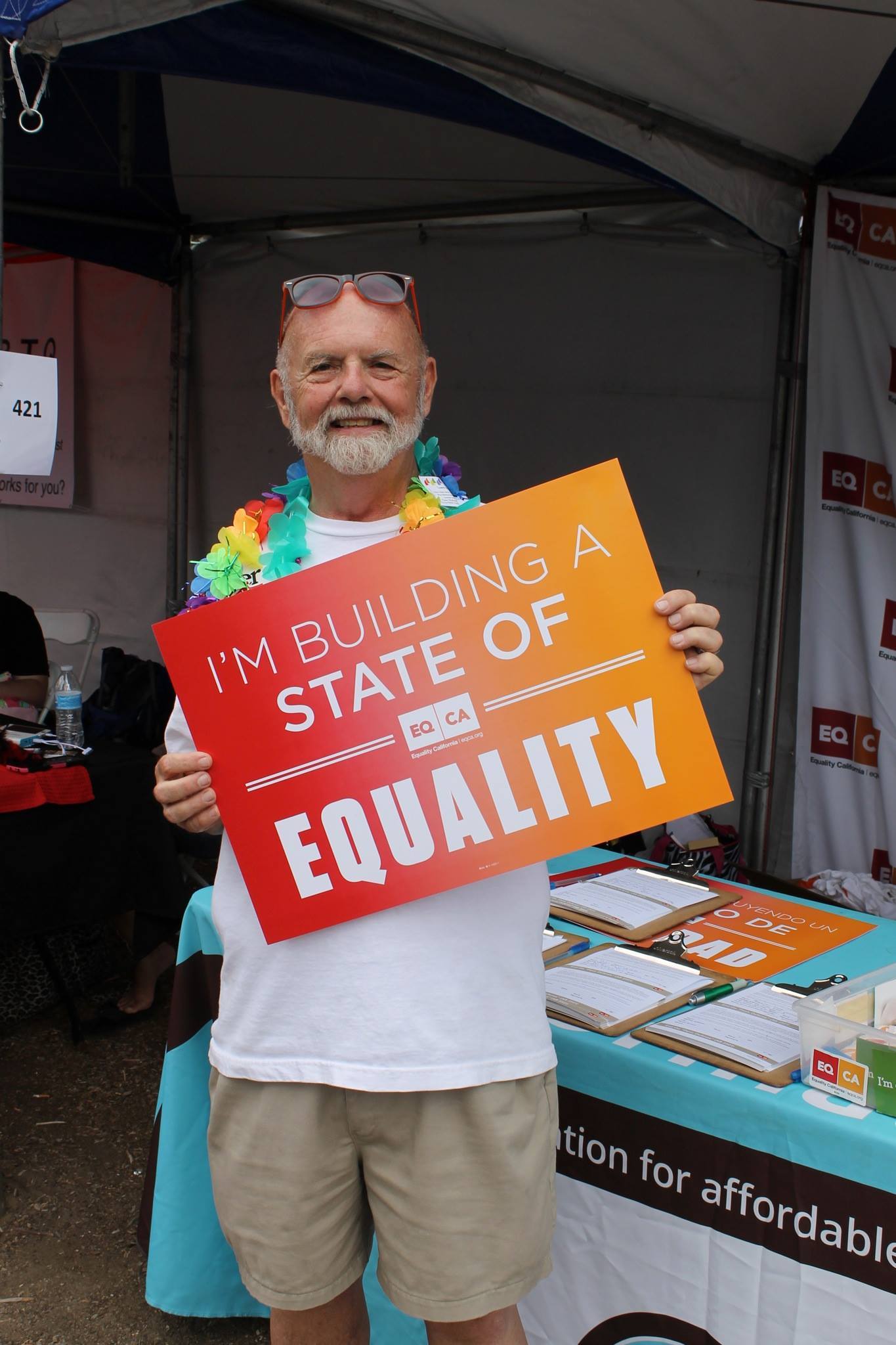
George Zander
A longtime political activist, Zander was indefatigable when it came to advancing gay rights in Palm Springs. He was a field organizer for the statewide LGBTQ+ rights group Equality California and advocated for marriage equality, safety for LGBTQ+ students and healthcare. In addition to his work for the LGBTQ+ community, Zander, who was a past chair of the Desert Stonewall Democrats, was also passionate about helping the homeless and undocumented residents in the Coachella Valley. Zander died in 2015, six weeks after he and his husband Chris were brutally attacked in what was later ruled a hate crime. “His passion and strength have paved the road for many of us to follow, and build from,” Chris Zander said.








